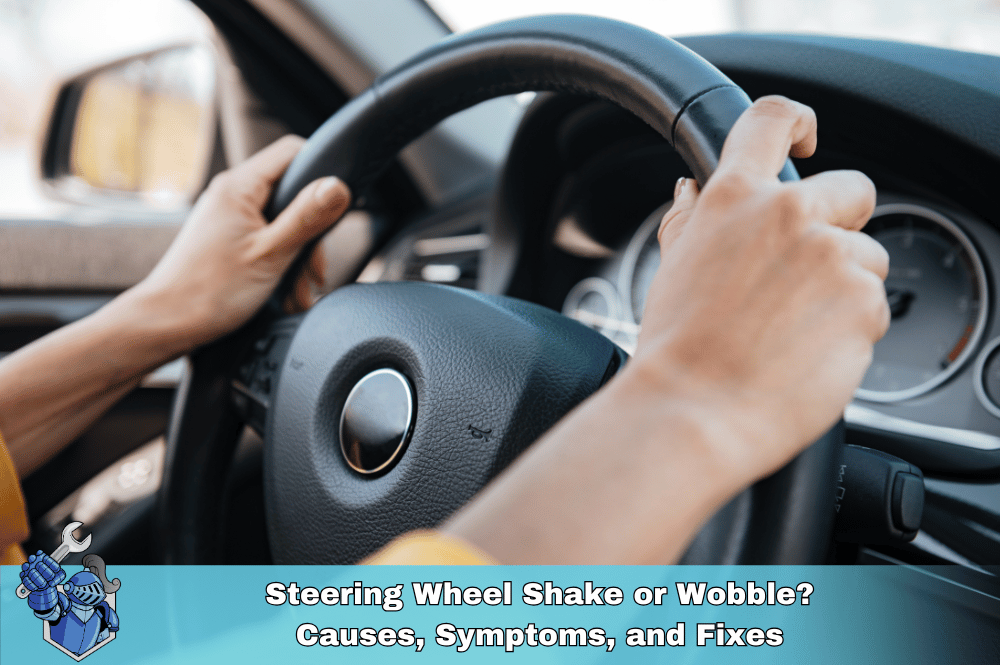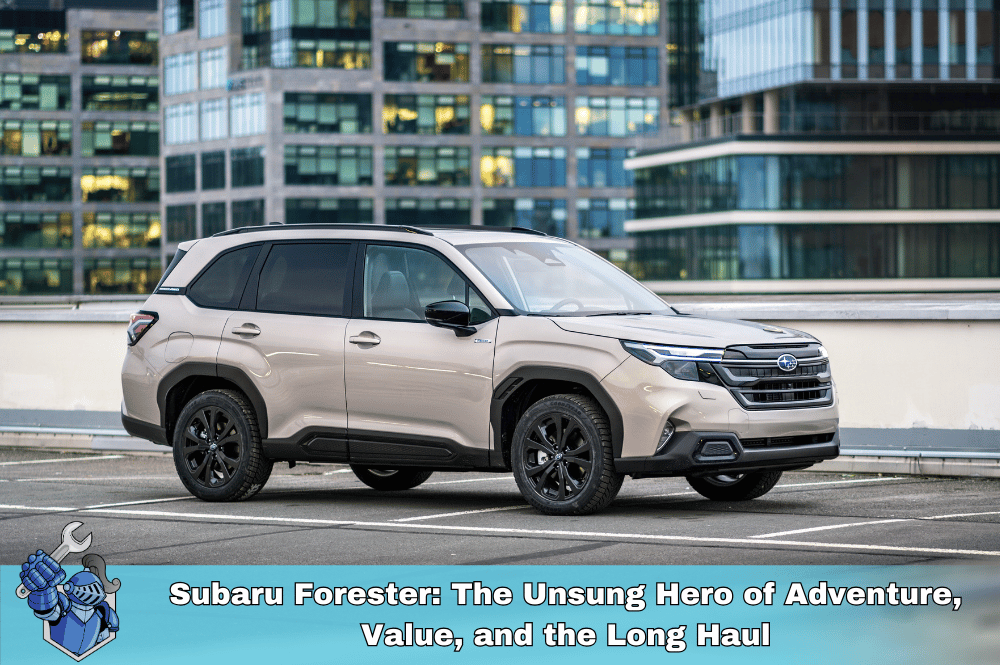The standard recommendation is every 5,000-7,500 miles, but always refer to your car's owner's manual for specific guidelines. Modern cars with synthetic oil may go longer between changes.
Car maintenance is the key to ensuring your vehicle runs smoothly for as long as possible. A well-maintained car not only saves you money on repairs but also helps to keep you safe on the road. While regular maintenance can seem like a hassle, the investment in your car's longevity is worth it. In this blog, we'll cover the basics of car maintenance, highlight key maintenance tasks, and explain how NobleQuote’s extended warranties provide routine maintenance reimbursement for peace of mind.
Why Regular Car Maintenance Matters
Proper car maintenance helps prevent breakdowns, keeps your vehicle running at peak performance, and can increase the resale value. Here’s why staying on top of regular maintenance is essential:
- Improved Safety: Regular maintenance helps avoid mechanical failures that could result in accidents, ensuring your car operates safely.
- Longer Vehicle Lifespan: Vehicles that are well-maintained last longer and require fewer repairs over time.
- Better Fuel Efficiency: Routine services, such as oil changes and air filter replacements, help optimize fuel efficiency.
- Higher Resale Value: A well-documented service history increases the value of your car when it's time to sell or trade in.
Key Car Maintenance Tasks
- Oil Changes Regular oil changes are one of the most important maintenance tasks for any vehicle. Oil lubricates the engine and keeps it running smoothly. Over time, oil breaks down and becomes contaminated with dirt, which can lead to engine damage. Check your owner’s manual for recommended oil change intervals—most vehicles require a change every 5,000 to 7,500 miles.
- Tire Rotation and Alignment Rotating your tires ensures even wear, prolonging their life and improving your vehicle’s handling. Alignment checks keep your car tracking straight and help prevent uneven tire wear. Aim to rotate your tires every 6,000 to 8,000 miles, or as recommended by your manufacturer.
- Brake Inspection and Service Your brakes are vital to your safety, so regular inspection is crucial. Brakes should be checked for wear every time your tires are rotated, and brake pads may need to be replaced every 30,000 to 70,000 miles, depending on your driving habits and conditions.
- Air Filter Replacement Your vehicle’s air filter prevents dirt and debris from entering the engine, but it can become clogged over time. Replacing the air filter helps maintain engine performance and fuel efficiency. Most vehicles need a new air filter every 12,000 to 15,000 miles.
- Fluid Checks and Top-offs Your car relies on several different fluids to operate efficiently, including brake fluid, transmission fluid, coolant, and power steering fluid. Regularly checking and topping off these fluids can help prevent breakdowns and costly repairs.
- Battery Maintenance A car battery typically lasts three to five years, but it's important to have it tested regularly, especially before long trips or during extreme weather. Corrosion around battery terminals can also cause starting problems, so make sure they are cleaned regularly.
- Wiper Blades and Lights Visibility is key to safe driving. Wiper blades should be replaced every six months to a year, and headlights, brake lights, and turn signals should be checked regularly to ensure they’re in working order.
- Timing Belt Replacement The timing belt ensures your engine’s valves open and close at the right times. If it breaks, it can cause severe engine damage. Depending on your vehicle, the timing belt may need to be replaced every 60,000 to 100,000 miles.
How NobleQuote Helps You Save on Car Maintenance
Routine maintenance can add up over time, but it’s necessary for the longevity of your vehicle. That’s where NobleQuote comes in. We not only provide peace of mind with comprehensive extended warranties, but we also offer routine maintenance reimbursement as part of our coverage.
Every NobleQuote policy includes a $40 reimbursement for routine maintenance services, such as oil changes, tire rotations, and more. This allows you to stay on top of your vehicle’s maintenance schedule without worrying about the cost.
How NobleQuote Extended Warranties Can Help
When it comes to car maintenance and repairs, there’s always a chance that an unexpected breakdown could cost you hundreds or even thousands of dollars. NobleQuote’s extended warranties provide protection against costly repairs for major components like your engine, transmission, and air conditioning system.
Here’s how NobleQuote’s plans stand out:
- 24-Hour Roadside Assistance: Included with all plans, ensuring you’re never stranded on the side of the road.
- Towing and Rental Car Coverage: NobleQuote offers reimbursement for towing and rental cars while your vehicle is in the shop.
- Coverage Options: From basic powertrain protection to our full-coverage Diamond plan, we offer policies to fit any budget and need.
For more details on the protection we offer, visit NobleQuote’s Learning Center for valuable insights on car warranties and maintenance.
Your Car’s Life with These Tips
Beyond following a maintenance schedule, there are some extra steps you can take to ensure your car remains in top condition:
- Drive Smoothly: Aggressive driving, such as rapid acceleration and hard braking, wears down your vehicle faster.
- Keep It Clean: Washing your car regularly helps prevent rust and keeps the paint in good condition. Don’t forget to clean the interior to avoid damage to the upholstery and dashboard.
- Don’t Ignore Warning Lights: When a dashboard warning light comes on, don’t ignore it. Address the issue immediately to avoid more serious (and costly) repairs.
- Park in the Shade: Prolonged exposure to the sun can fade your car’s paint and damage the interior. Whenever possible, park in the shade or use a car cover.
Common Car Maintenance Myths Debunked
- Myth: “You only need to change your oil every 3,000 miles.” Fact: Modern vehicles can go 5,000 to 7,500 miles between oil changes. Always refer to your owner’s manual for guidance.
- Myth: “Premium fuel improves performance.” Fact: Unless your car is specifically designed for premium fuel, using it won’t make a noticeable difference in performance.
- Myth: “All fluids should be changed at the same time.” Fact: Different fluids need to be changed at different intervals. Your owner’s manual will have the recommended schedule
Get a Quote for Extended Car Warranty
Want to protect your vehicle from expensive repairs and get routine maintenance reimbursement? NobleQuote offers coverage plans that suit your needs and budget. Visit our Get a Quote page to explore options tailored to your vehicle and driving habits.
With NobleQuote, you’ll get peace of mind, knowing that routine maintenance is covered, and unexpected repairs won’t drain your wallet. Get covered today and drive with confidence!
Keeping Your Car in Top Shape: Your Questions Answered
How often should I change my car's oil?
What are the signs that my car needs new brakes?
Squealing or grinding noises when braking, a vibrating brake pedal, or if your car pulls to one side when braking.
How do I know when it's time to replace my car's tires?
Check the tire tread depth. If it's below 2/32 of an inch, it's time for new tires. Also, look for uneven wear, cracks, or bulges in the tire sidewalls.
What should I do if my car overheats?
Pull over to a safe location, turn off the engine, and let it cool down. Check the coolant level once it's cool, but do not open the radiator cap while it's hot. If the coolant is low, add more, but if the overheating persists, call a tow truck.
How often should I get my car's battery checked?
Every 3-5 years, or sooner if you notice signs of trouble, like slow engine cranking or dim headlights.
What are the essential fluids I need to check in my car regularly?
Engine oil, coolant, brake fluid, transmission fluid, power steering fluid, and windshield washer fluid.
What are some simple DIY car maintenance tasks I can do myself?
Checking and changing air filters, replacing wiper blades, checking tire pressure, and topping off fluids.
How often should I get my car professionally serviced?
Follow the recommended service schedule in your owner's manual. Typically, it's every 15,000-30,000 miles.
What's the importance of regular car maintenance?
It helps prevent breakdowns, extends the life of your car, improves fuel efficiency, and ensures your safety on the road.
Can I use any type of gasoline in my car?
Refer to your owner's manual for the recommended octane rating. Using a lower octane than recommended can cause engine knocking and damage.
Suggestions for you
Read MoreLet’s work together
Every week we showcase three charitable organizations that our donations are sent to. Our clients are able to choose which of these three will receive their gift when they add coverage to their vehicle...

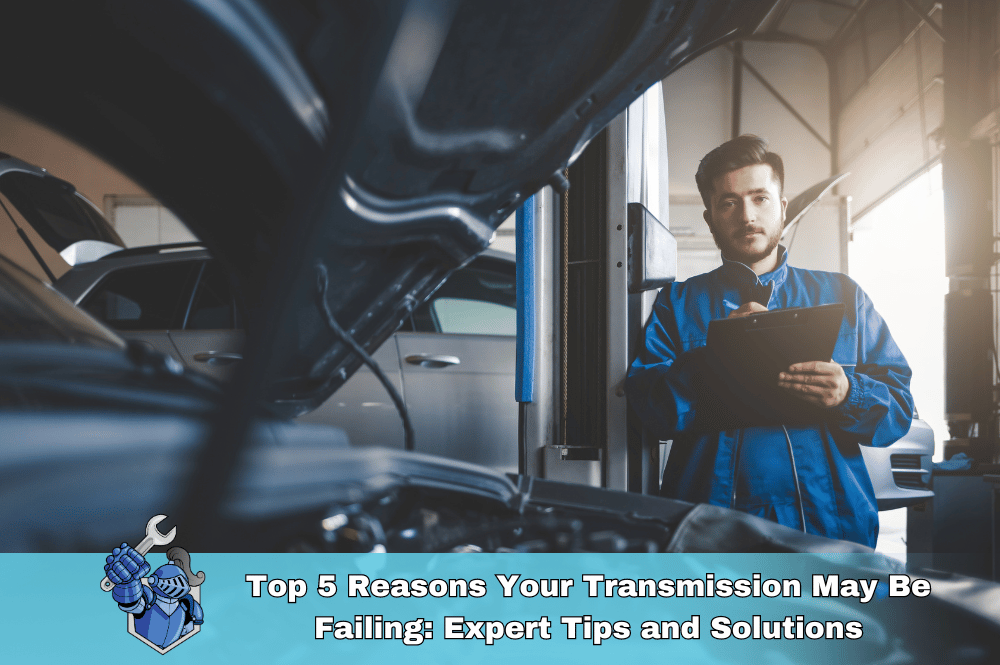
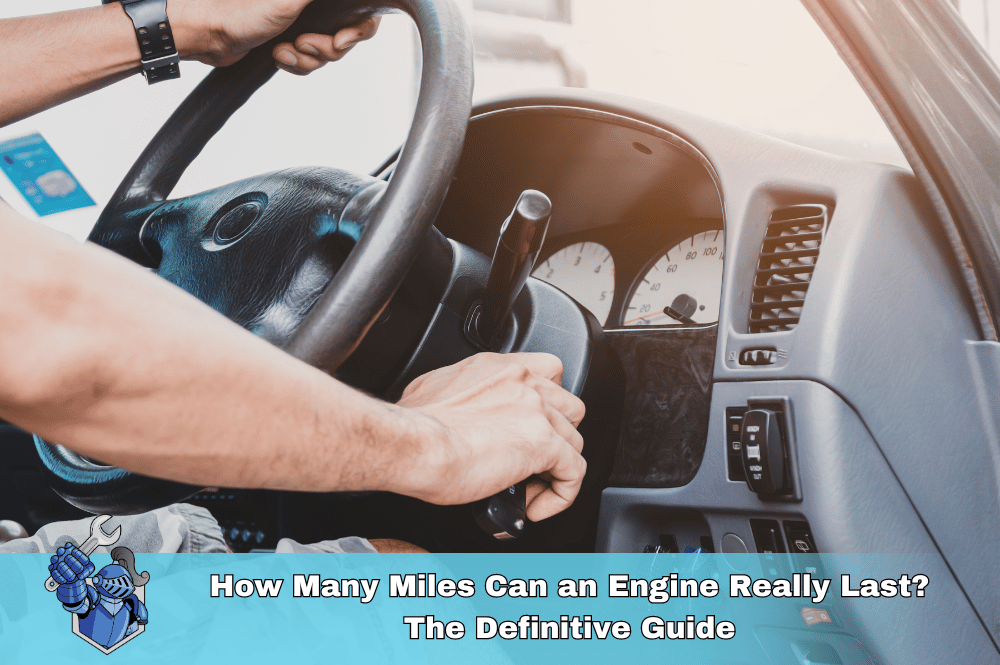 How Many Miles Can an Engine Really Last? The Definitive Guide
How Many Miles Can an Engine Really Last? The Definitive Guide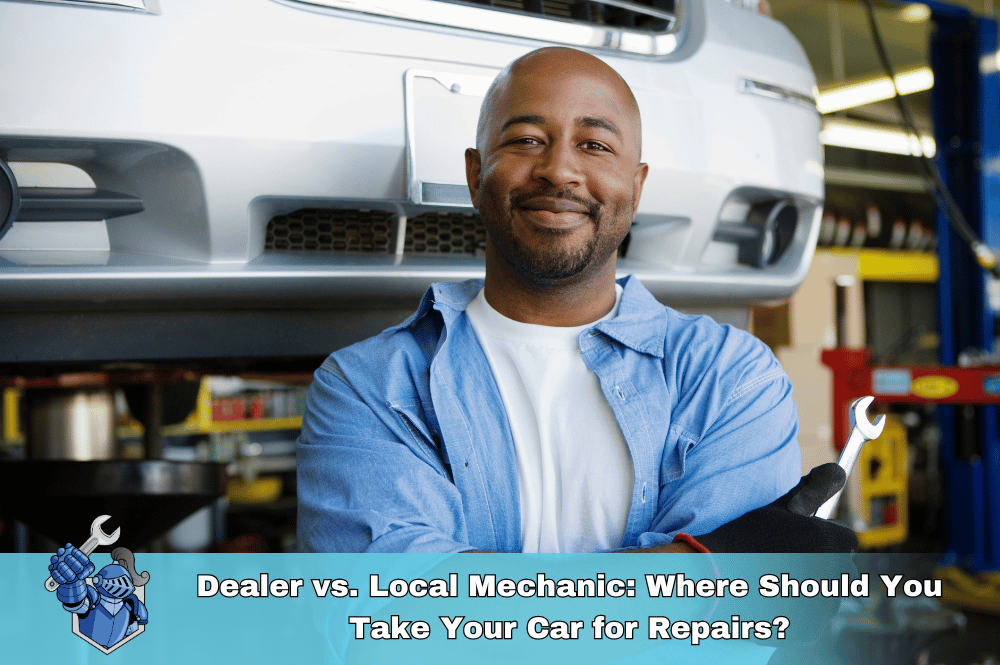 Dealer vs. Local Mechanic: Where Should You Take Your Car for Repairs?
Dealer vs. Local Mechanic: Where Should You Take Your Car for Repairs?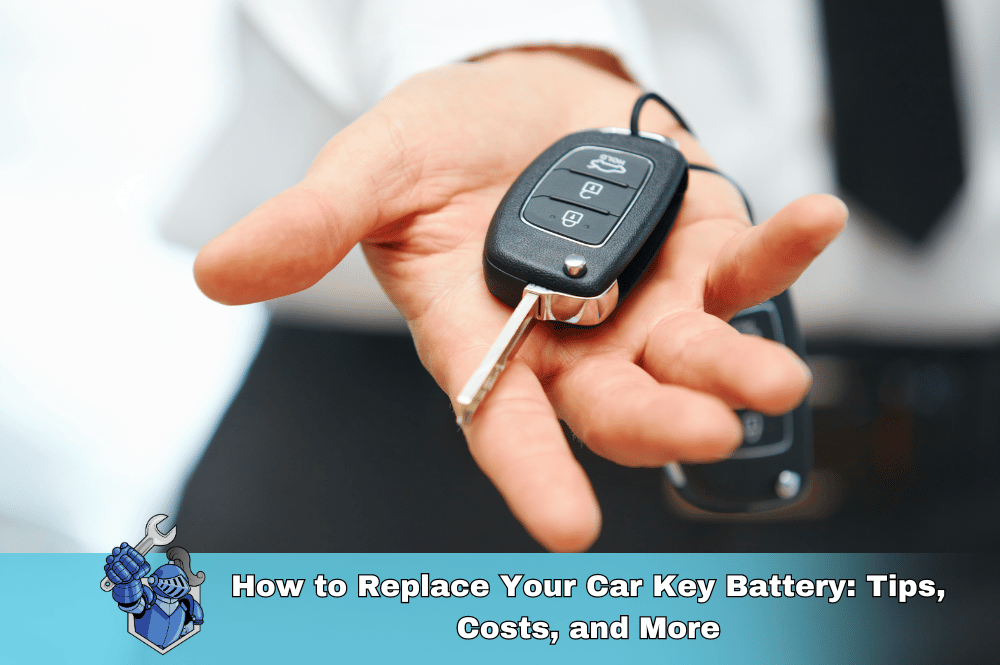 How to Replace Your Car Key Battery Tips Costs and More
How to Replace Your Car Key Battery Tips Costs and More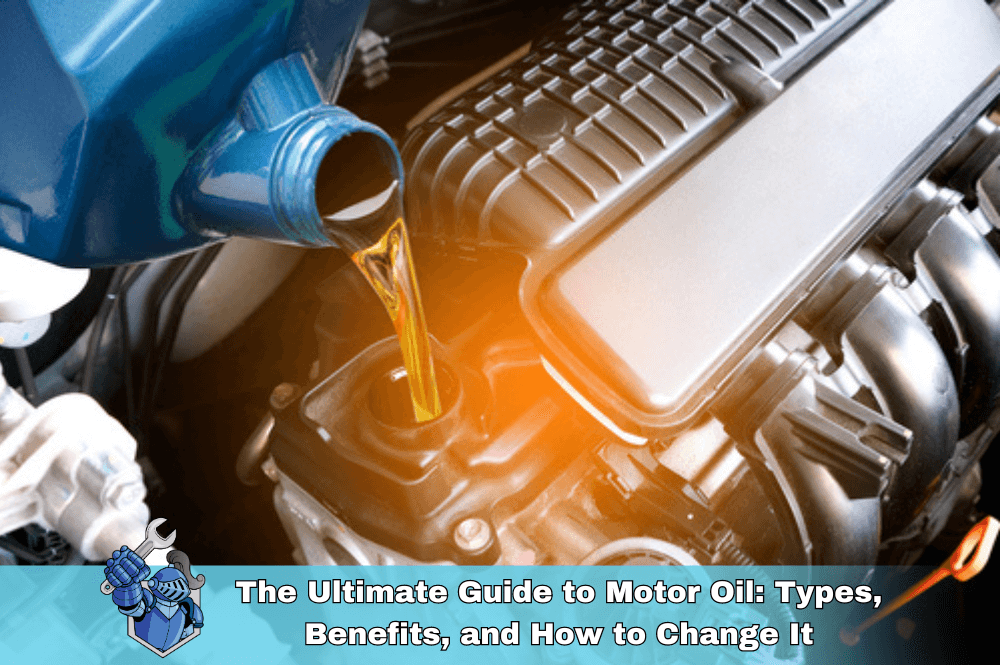 The Ultimate Guide to Motor Oil: Types, Benefits, and How to Change It
The Ultimate Guide to Motor Oil: Types, Benefits, and How to Change It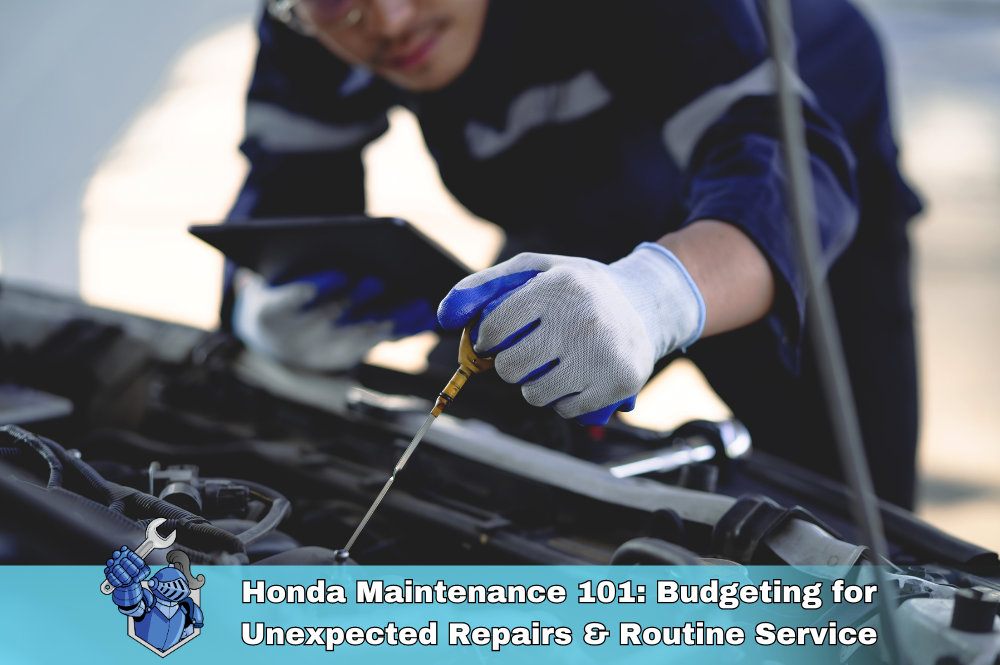 Honda Maintenance 101: Budgeting for Unexpected Repairs & Routine Service
Honda Maintenance 101: Budgeting for Unexpected Repairs & Routine Service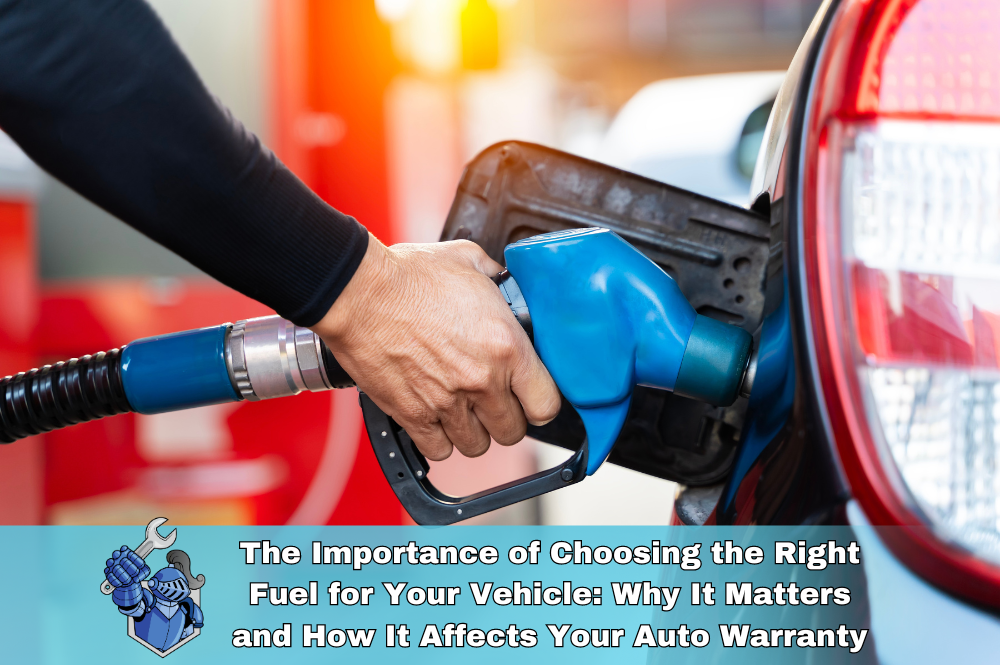 The Importance of Choosing the Right Fuel for Your Vehicle: Why It Matters and How It Affects Your Auto Warranty
The Importance of Choosing the Right Fuel for Your Vehicle: Why It Matters and How It Affects Your Auto Warranty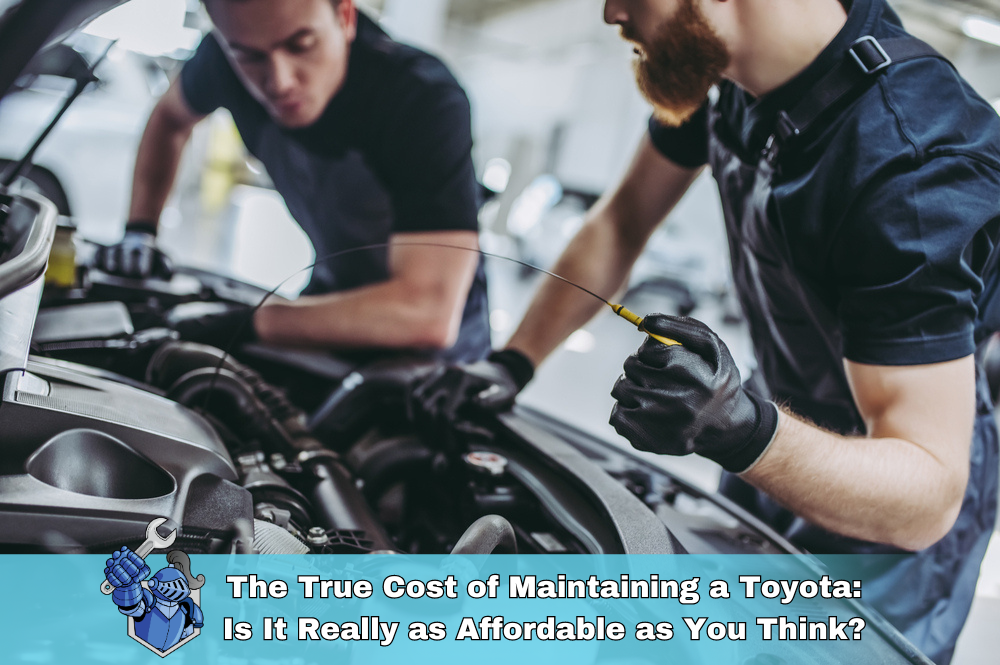 The True Cost of Maintaining a Toyota: Is It Really as Affordable as You Think?
The True Cost of Maintaining a Toyota: Is It Really as Affordable as You Think?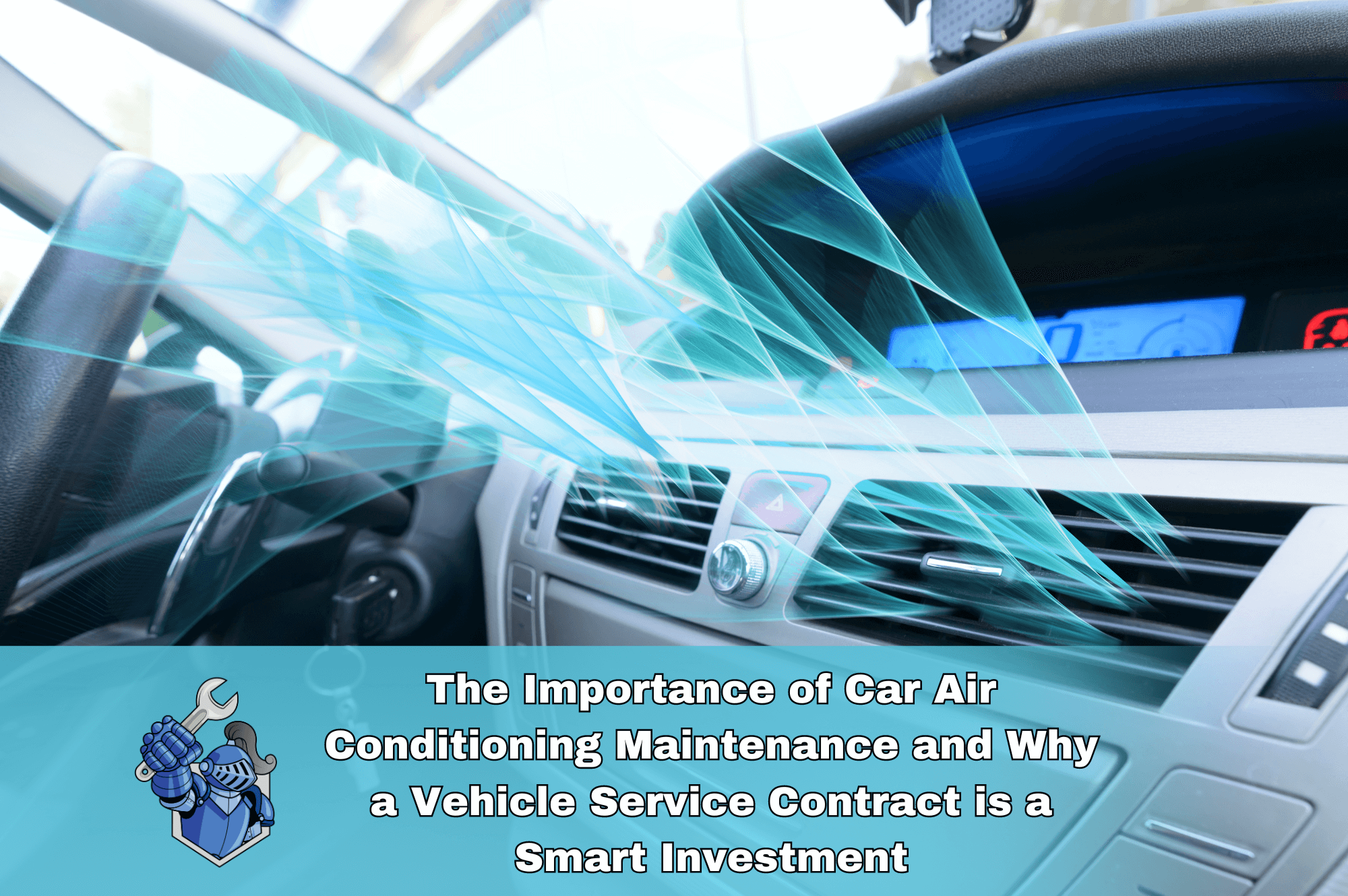 The Importance of Car Air Conditioning Maintenance and Why a Vehicle Service Contract is a Smart Investment
The Importance of Car Air Conditioning Maintenance and Why a Vehicle Service Contract is a Smart Investment Making The Most Of Your Extended Car Warranty: Maintenance Tips
Making The Most Of Your Extended Car Warranty: Maintenance Tips Essential Tips For Care and Maintenance
Essential Tips For Care and Maintenance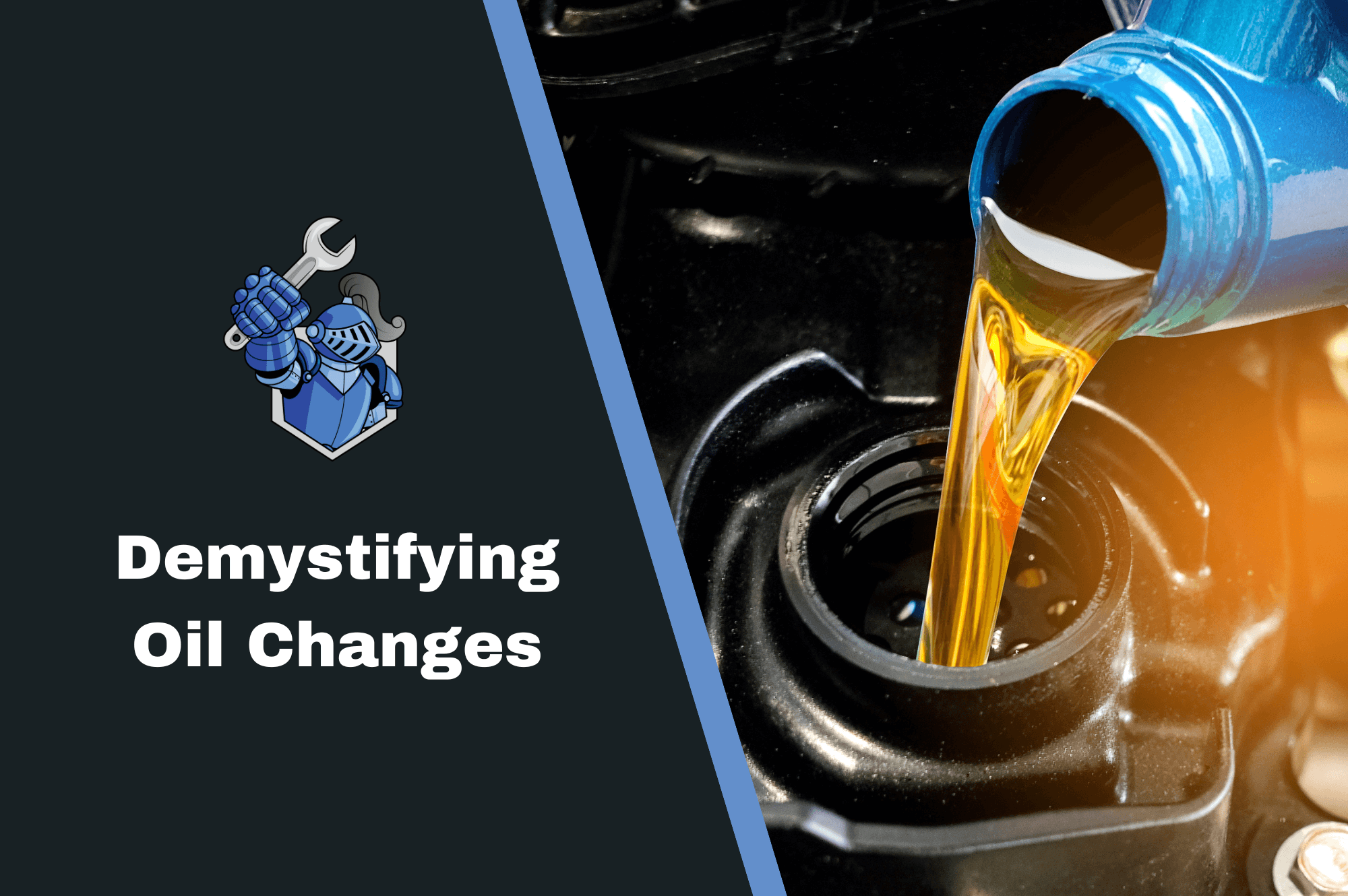 Demystifying Oil Changes: Everything You Need to Know
Demystifying Oil Changes: Everything You Need to Know